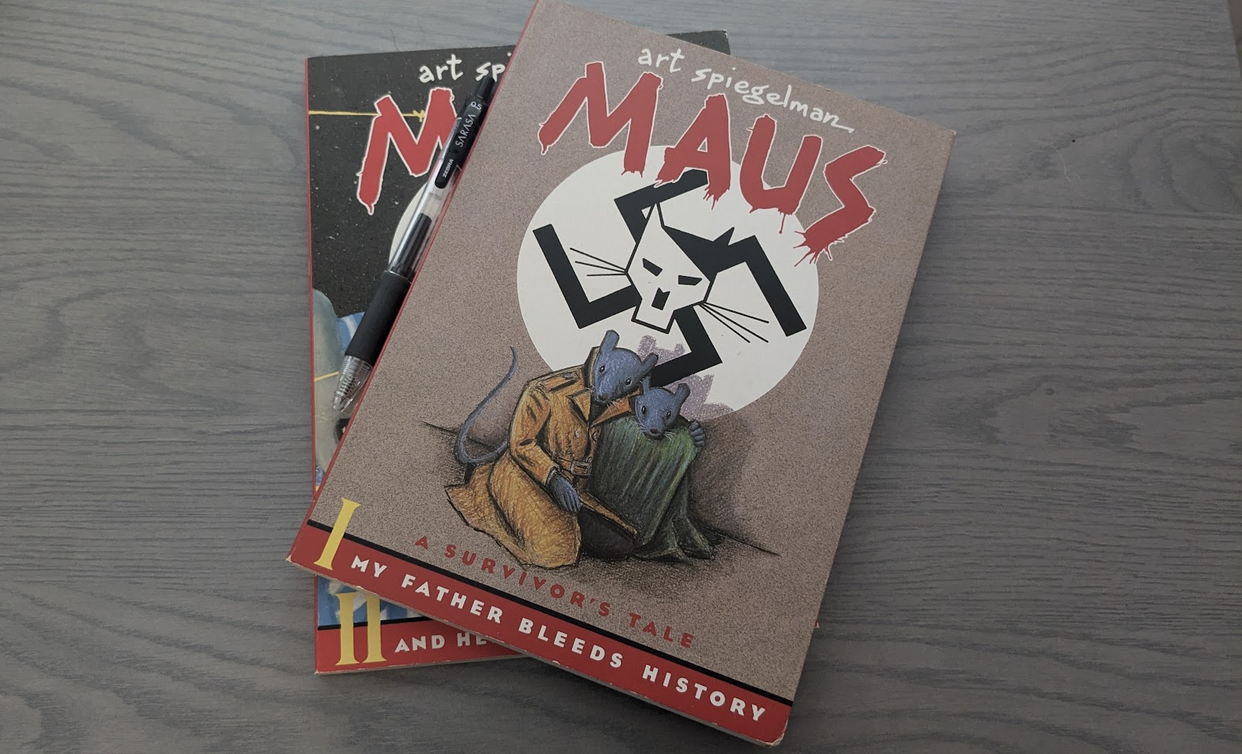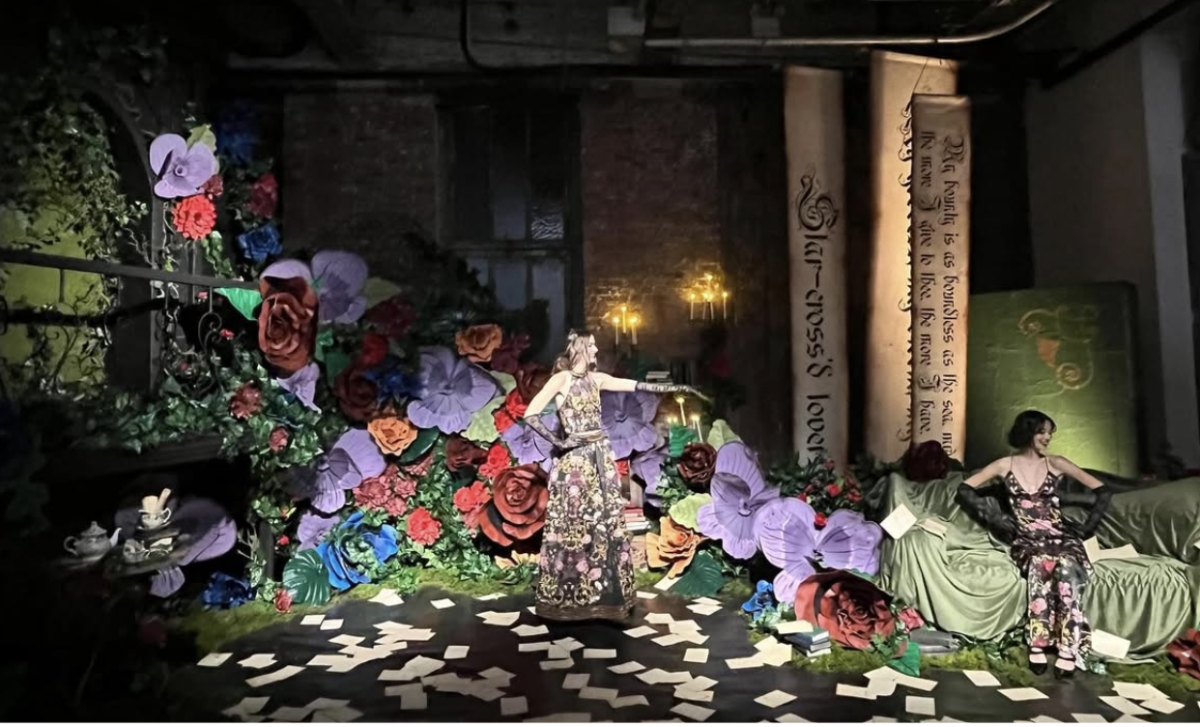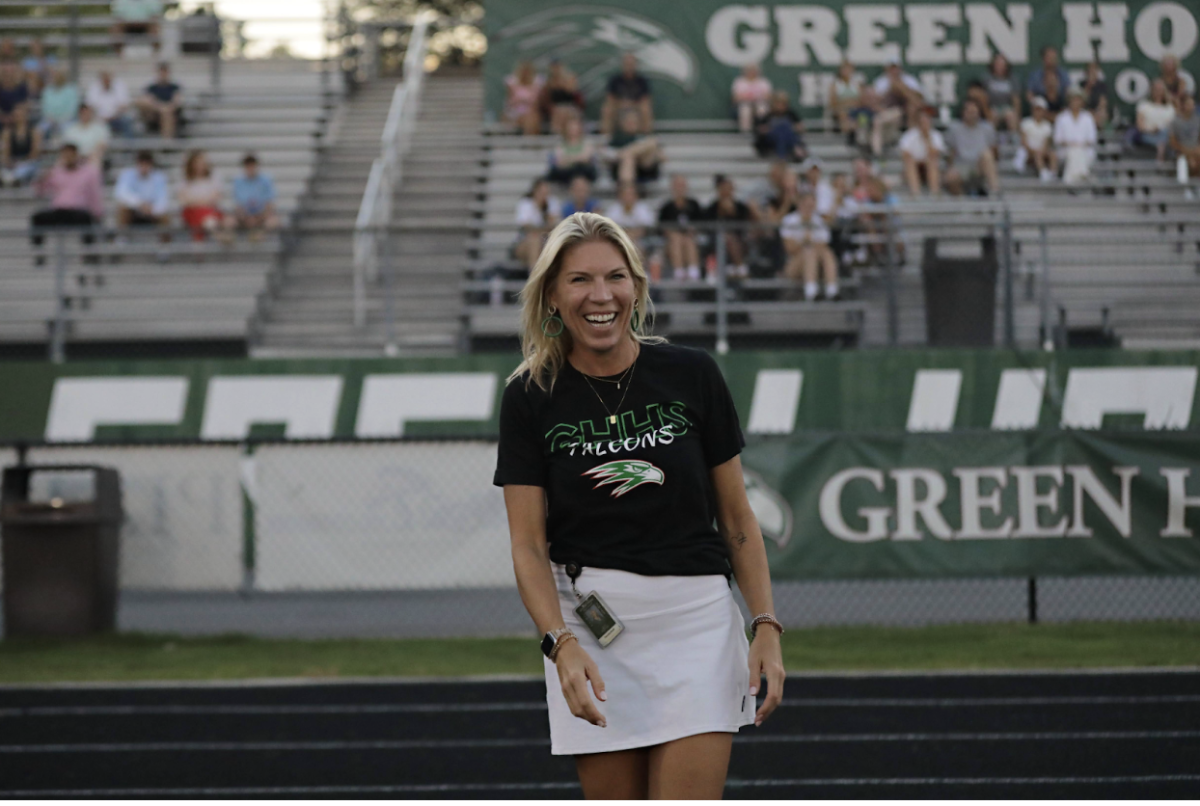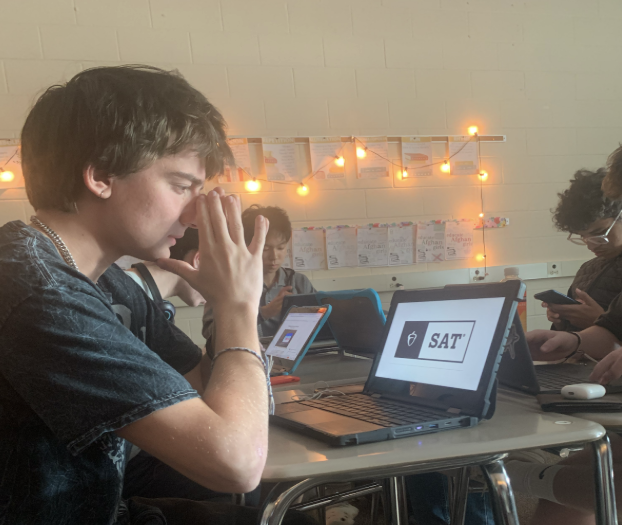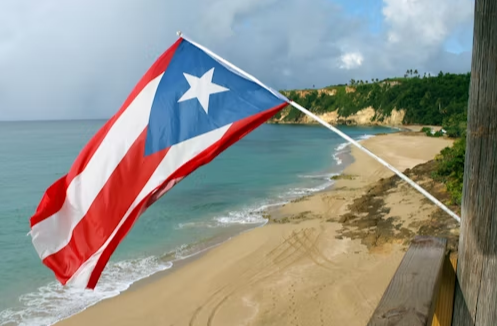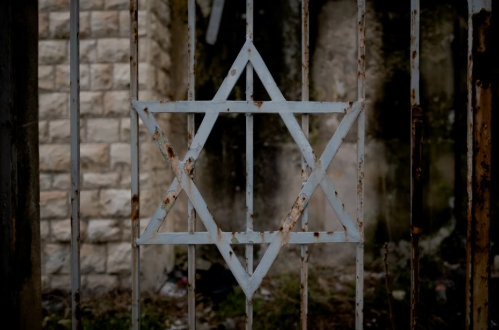There will come a time when no Holocaust survivors remain alive. This is one of the main points of reasoning behind the 2020 Never Again Education Act, passed by Congress to encourage the availability and teaching of materials relating to the Holocaust.
The bill is what led to North Carolina’s Gizella Abramson Holocaust Education Act, passed in 2021 by the North Carolina General Assembly. Named after the late Holocaust survivor, educator and speaker, the act put into place mandatory Holocaust education in English and social studies classes starting in the 2023-24 school year. Along with it, the act mandated the creation of the English elective Holocaust and Genocide Studies class, which made its debut this year in North Carolina schools, including Green Hope High School.
“My job is to guide these students and help them to become better researchers and better scholars,” says Melanie Diorio, teacher of the class at Green Hope. As an English elective, the class balances the teaching of historical content and analytical skills normally taught in such classes. Though the class puts a larger emphasis on the history and stories relating to the Holocaust, the course objectives do highlight the skill of historical inquiry. The objective of teaching this skill is to help students understand and analyze historical artifacts to foster critical thinking skills and help students understand a world full of disinformation.
It is not the focus on historical inquiry that differentiates the class from other core classes, it’s the subject matter. The class focuses mainly on the Holocaust of Jews in Nazi Germany during World War II, alongside other mass genocides that have occurred throughout world history.
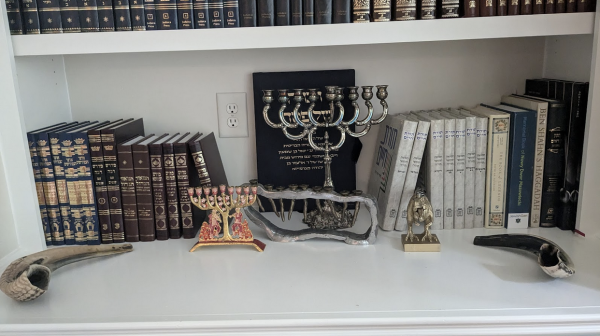
According to the provisions of the Gizella Abramson Act, the class isn’t the sole source of Holocaust education at school. Holocaust education in core English and social studies classes has been a requirement since last school year, raising questions about the particular importance of the class.
“It provides a great outlet where we can learn more about the Holocaust,” said Ian House (‘26), a student in the Holocaust and Genocide Studies class. Diorio also commented on the requirement for core class Holocaust education, saying “It could even be a specific Holocaust-related poem, take maybe 10 minutes. And that’s all the requirement is.” The core class doesn’t need to spend time educating about the Holocaust, it just needs to use materials relating to the Holocaust. As Diorio points out, the class can spend as little as 10 minutes on the Holocaust and still meet the requirement
The intention of Holocaust education in core classes is to incorporate literature and resources relating to the Holocaust into the existing class curriculum, to not disturb the regular progression of the class. This framing makes the Holocaust more of a backdrop to the content of the class, rather than the focus of learning for that part of the class.
This is where the dedicated class fills in, teaching more in depth about the Holocaust itself, and the exact events that occurred relating to the tragedy. “We’re talking more about the buildup to the Holocaust, and we’re analyzing more of the symbols and events relating to the Holocaust,” said House.
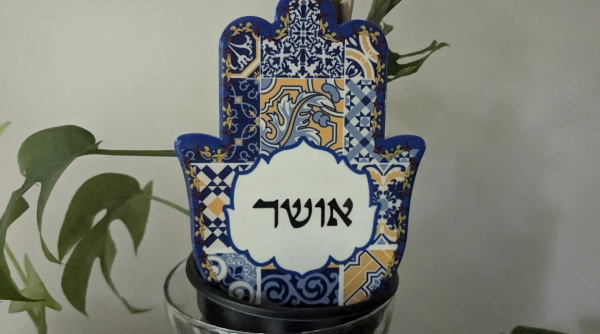
In the modern day, where nearly half of all young people in America are exposed to Holocaust denial in some form, Holocaust education has become more necessary than ever. “Something else I try to instill in the students is helping them to distinguish among fact, opinion and belief,” said Diorio.
As far back as the Never Again Education Act, factual information and resources about the Holocaust have become more widely available in an attempt to dispel disinformation relating to the tragedy. With a quickly closing window to hear first-hand accounts from survivors, Holocaust deniers grow in popularity and reach, with formal education acting as the counterbalance to this phenomenon.
The Holocaust and Genocide Studies class is an important step in furthering knowledge of some of the most important tragedies in world history. “There’s a lot more time to incorporate more Holocaust history and more of the objectives that wouldn’t be possible within a regular English or social studies class,” said Diorio, highlighting the importance of the class as a dedicated Holocaust education resource.
Although not everybody may opt-in to take the class, as long as students continue to learn about the Holocaust, the stories of those who lived through it are preserved for years into the future.

